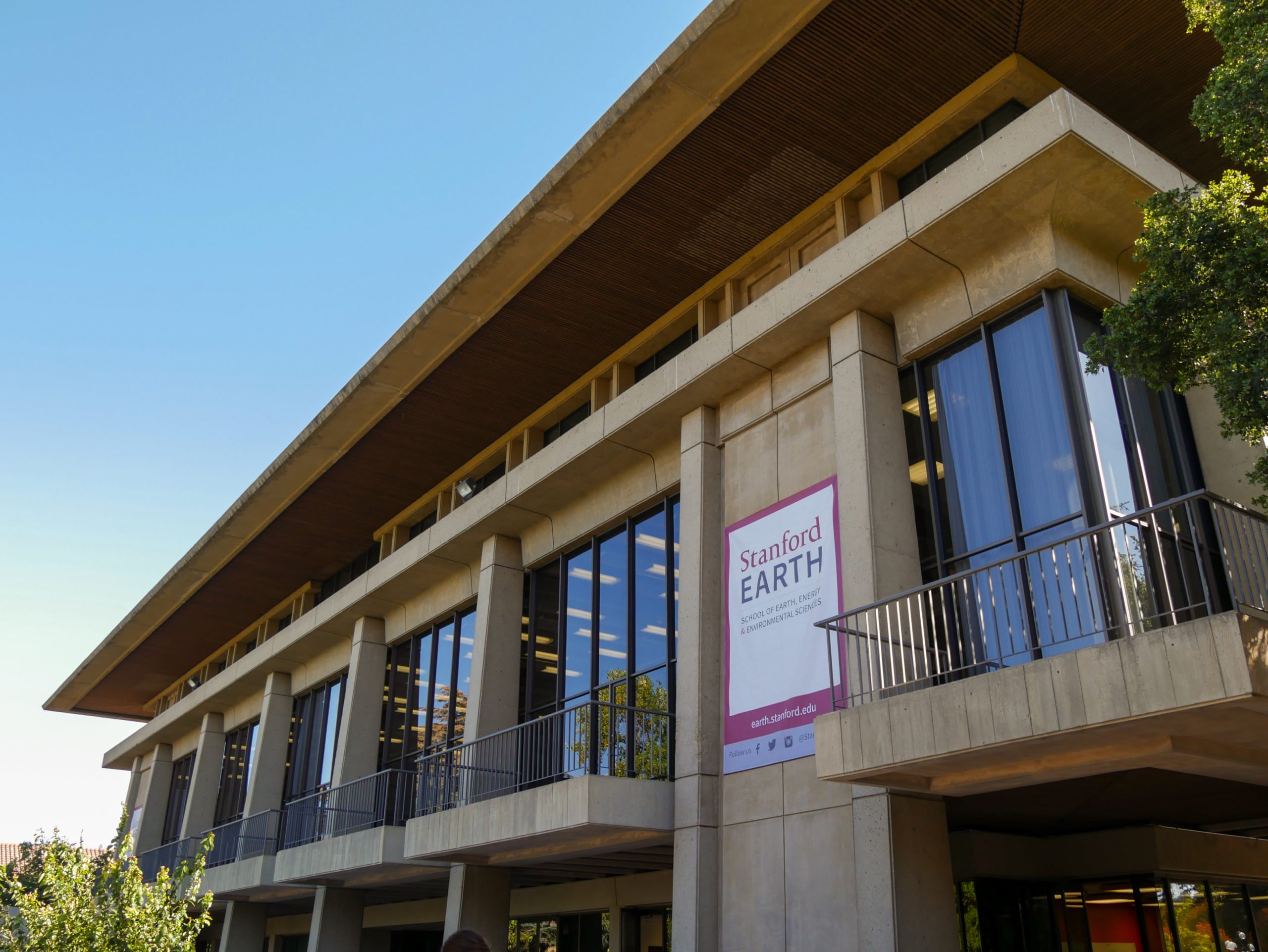Stanford received $1.1 billion from John and Ann Doerr to support the University’s new School of Sustainability.
The donation is the largest in University history, well above the William and Flora Hewlett Foundation’s $400 million donation in 2001. Doerr, for whom the new school will be named, is a Silicon Valley-based venture capitalist whose work has focused on the cleantech movement.
The Doerr School of Sustainability, which will launch on Sept. 1, is Stanford’s first new school in 70 years.
“This new school will build strategically on the strong foundation established through Stanford’s history of scholarship in Stanford Earth and our other schools and interdisciplinary institutes,” President Marc Tessier-Lavigne wrote in a message to the community.
Arun Majumdar, current chair of the Secretary of Energy Advisory Board and former director of Stanford’s Precourt Institute for Energy, will serve as the school’s inaugural dean. Majumdar brings expertise in energy technology and has previously worked in industry, national laboratories and government, including advising the Obama administration on energy policy.
“The Stanford Doerr School of Sustainability will not only harness the intellectual horsepower of our students, faculty and staff across our campus, but also partner with external organizations around the world to co-develop innovative solutions and identify new insights through research and education,” Majumdar told Stanford News.
Majumdar has said that the new school will accept donations from fossil fuel companies, according to the New York Times. This stance is in line with previous statements made by former transition dean of the Doerr School Kathryn Moler.
During a special keynote at Energy Solutions Week, former transition vice dean Stephan Graham revealed new information about the school. He emphasized that it will centralize sustainability scholarship on campus and take an interdisciplinary approach while partnering with external stakeholders. The Doerr School will house new departments focused on interdisciplinary scholarship, including departments for Food and Water Security, Human Health and the Environment, and Climate Science.
The Doerr School will also introduce the new Institute for Sustainable Societies, which will be dedicated to the study of the economic, institutional and political practices that comprise sustainable living. Its Sustainability Accelerator will be dedicated to increasing the impact of sustainability efforts with policy and technology solutions.
The Doerr School will also house Stanford’s existing Woods Institute for the Environment and the Precourt Institute.
John and Ann Doerr have been committed to addressing sustainability for over a decade. John has invested in zero-emission technologies since 2006 and currently serves as chairman of the venture capital firm Kleiner Perkins. Ann has supported the Environmental Defense Fund as both a former board member and current advisory board member. Both have worked with Stanford in various capacities, including by serving as guest speakers in the 2016 Global Entrepreneurship Summit and working with the Stanford Medicine’s Cancer Council.
The Doerrs’ gift brings the total funding for the school up to $1.69 billion and will continue the efforts of earlier donors, who include Jerry Yang ’90 M.S. ’90, Akiko Yamazaki ’90, David M.S. ’90 and Angela Filo ’93, according to Stanford Giving. The Doerrs’ donation will extend past the school’s financing to support graduate students and postdoctoral fellows engaged in climate and sustainability work, according to Stanford News.
Graham also said that the Doerr School will launch signature education programs for undergraduates, graduates and professionals. The undergraduate program will include seminar-style sustainability courses complemented by off-campus experiences and a capstone project. The graduate program will include opportunities like sustainability bootcamps, RA and TAships, seminars, community building and undergraduate mentorship.
“We have designed a school for the future combining knowledge generation and impact, building on the strong foundation established through Stanford’s history of scholarship in Stanford Earth and our other schools and interdisciplinary institutes,” President Tessier-Lavigne told Stanford News.
“This is what the young people want to work on with their lives, for all the right reasons,” Doerr said in an interview with The New York Times.
